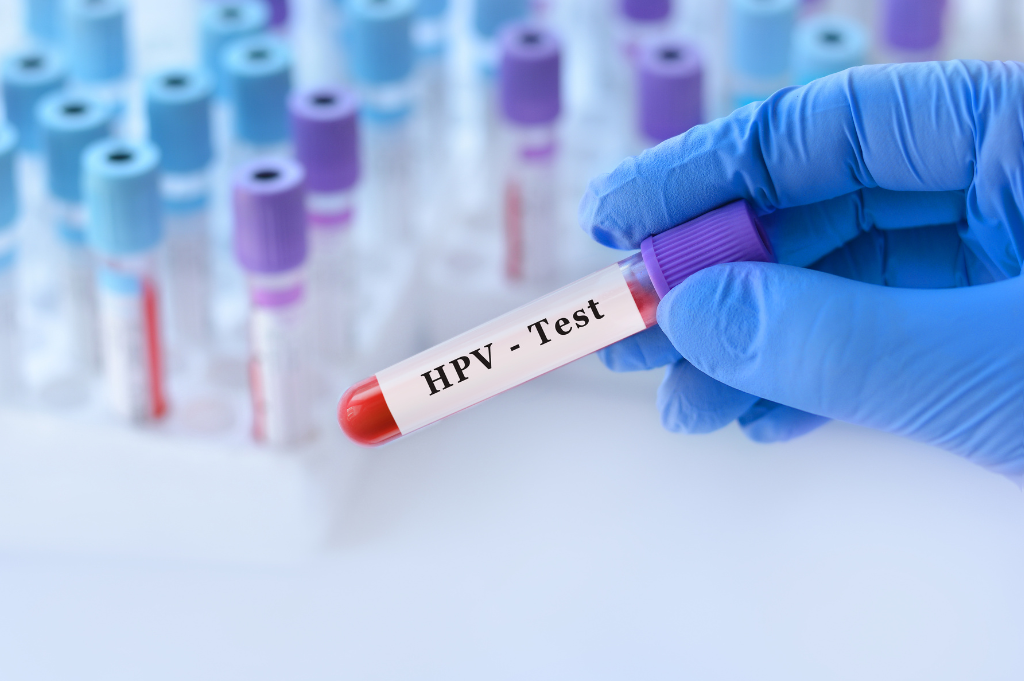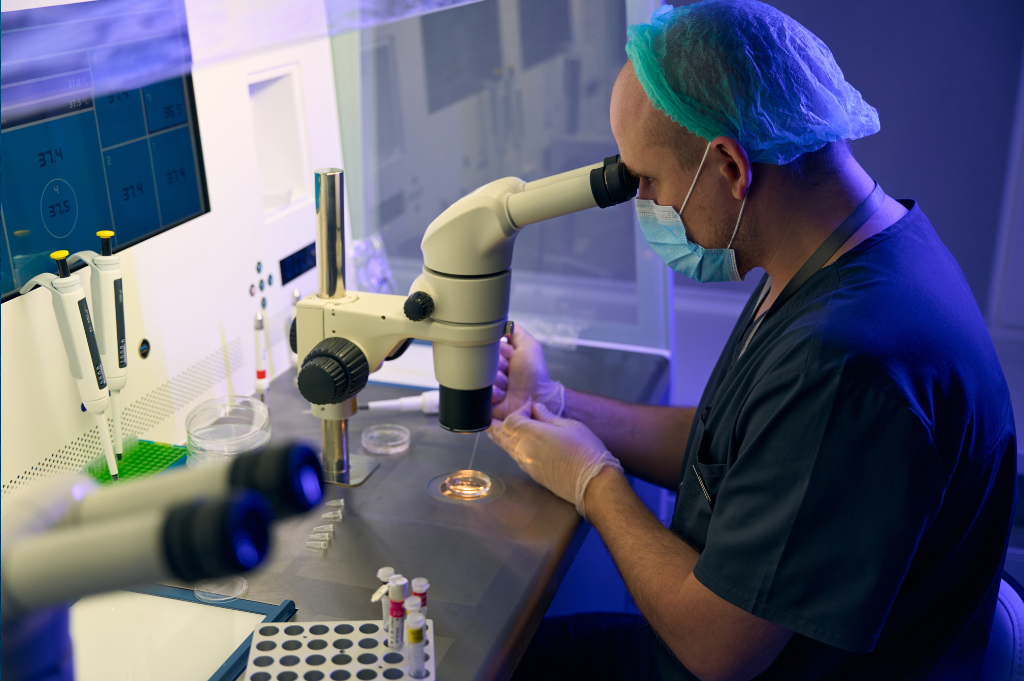Cervical Cancer Screening

Cervical Cancer Screening
Cervical cancer is one of the most preventable and treatable forms of cancer, especially when detected early through regular screening. At City Care Hospital’s Department of Gynecology and Obstetrics, our Clinic for Cervical Cancer Screening is dedicated to providing comprehensive screening services, early diagnosis, and preventive care to safeguard women’s health. We offer advanced screening methods, personalized counseling, and expert care to ensure that women have the best chance of preventing cervical cancer or detecting it in its earliest stages.
Our Services
Pap Smear (Pap Test)
The Pap smear is a crucial screening tool for detecting abnormal cervical cells before they develop into cancer. During this test, a sample of cervical cells is examined under a microscope to identify any abnormalities. Early detection through routine Pap smears enables timely intervention, significantly reducing the risk of cervical cancer.
- Routine Pap Smears – Women should begin Pap smear screenings at age 21 and continue at recommended intervals. Those with higher risk factors, such as HPV infection or weakened immune systems, may require more frequent testing.
- Abnormal Pap Results – If abnormalities are detected, further diagnostic procedures such as colposcopy and biopsy may be necessary to determine the next steps in treatment.


HPV Testing
HPV testing is often performed alongside a Pap smear, particularly for women over 30. This test identifies high-risk HPV strains associated with cervical cancer, enabling early monitoring and intervention.
- Co-Testing – For women aged 30 and older, we recommend co-testing, which combines a Pap smear with HPV testing for a more comprehensive assessment.
- HPV Vaccination – Our clinic offers the HPV vaccine to eligible patients, providing protection against high-risk HPV strains responsible for cervical and other HPV-related cancers.
Colposcopy and Biopsy
If abnormal results are found in a Pap smear or HPV test, a colposcopy may be recommended. This procedure involves magnified visualization of the cervix using a colposcope to detect abnormal areas more clearly. If necessary, a small tissue sample (biopsy) is collected for further analysis.
- Biopsy and Treatment of Precancerous Cells – If precancerous changes are detected, we offer treatments such as cryotherapy, laser therapy, or LEEP (Loop Electrosurgical Excision Procedure) to remove abnormal cells before they develop into cancer.


Education and Preventive Counseling
We prioritize education and preventive care, empowering women with knowledge and strategies to lower their risk of cervical cancer. Our counseling services cover:
- Safe Sexual Practices – Since HPV is sexually transmitted, we provide guidance on safe sex practices, including condom use and regular screenings.
- Importance of Routine Screenings – Regular cervical cancer screenings are vital, and we help women understand the recommended frequency based on their age and risk factors.
- Lifestyle Modifications – Healthy lifestyle choices, such as quitting smoking and maintaining a balanced diet, can reduce cervical cancer risk. Our clinic offers resources and support for making positive health changes.
Management of Advanced Cervical Cancer
For patients diagnosed with cervical cancer, we provide expert care in collaboration with our oncology team. Treatment options vary based on the cancer stage and may include:
- Surgery – For early-stage cervical cancer.
Radiation Therapy & - Chemotherapy – For advanced cases, often combined for more effective treatment.
- Comprehensive Support – We ensure compassionate care and emotional support throughout the treatment journey.


Follow-Up Care
For women who have undergone treatment for abnormal cervical cells or cervical cancer, regular follow-up care is crucial. Our clinic provides:
- Ongoing Monitoring – Routine Pap smears, HPV testing, and other necessary evaluations to detect potential recurrence.
- Long-Term Health Support – Personalized care plans to help women maintain optimal reproductive health post-treatment.

Understanding Cervical Cancer
Cervical cancer occurs when abnormal cells on the cervix (the lower part of the uterus that opens into the vagina) grow uncontrollably. The most common cause of cervical cancer is a persistent infection with certain types of the Human Papillomavirus (HPV), a sexually transmitted virus. While most HPV infections resolve on their own, in some cases, they can lead to precancerous changes in the cervical cells, which may eventually develop into cancer if left untreated.
Cervical cancer typically progresses slowly over many years, making regular screening essential for early detection and prevention. Symptoms of cervical cancer may include abnormal vaginal bleeding, pelvic pain, and pain during intercourse, but these signs often appear only in more advanced stages of the disease. This is why early screening is crucial, even in the absence of symptoms.
Why Choose City Care Hospital?
Our hospital is home to a diverse team of highly qualified and experienced doctors, specialists, and healthcare professionals committed to providing
the highest standard of care.
We offer cutting-edge medical technology and modern
facilities to ensure accurate diagnostics and effective treatments, all under one roof.
From emergency services to specialized clinics, we provide a full range of healthcare services tailored to meet the unique needs of every patient.
We adhere to the highest standards of safety and
quality in all aspects of healthcare delivery, ensuring our patients receive the best possible outcomes.
Our fully equipped emergency department is open around the clock, ready to handle any medical situation with prompt and professional care.
: Our focus is on personalized care, ensuring that every
patient receives compassionate attention and treatment that is designed specifically for
their needs.


